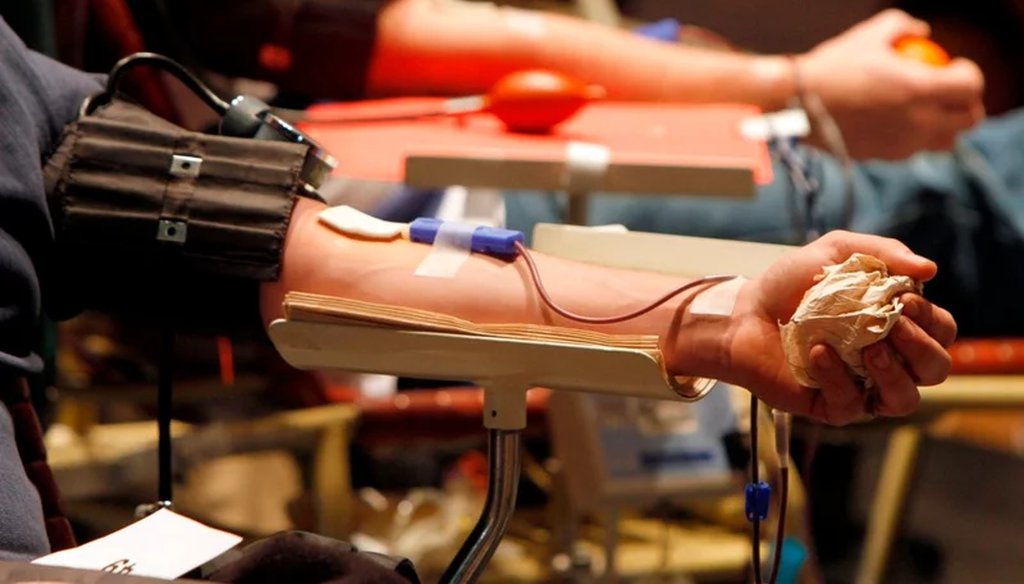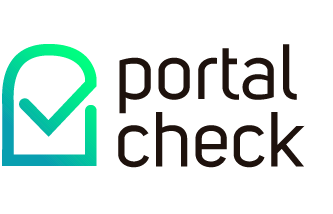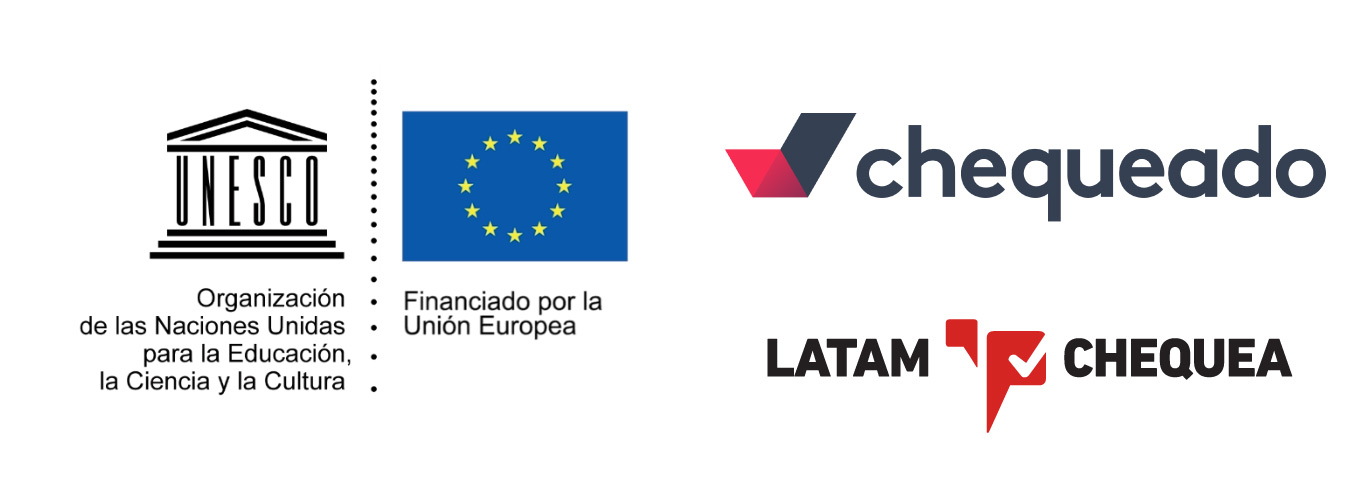
People donate blood. Tony Talbot/AP Photo
UPDATE, July 26, 2021, 3:50 p.m.: The American Red Cross stopped accepting donations of convalescent plasma on June 25, because of a surplus of supplies and waning demand from hospitals. Jessica Merrill, director of biomedical communications for the group, said that under federal guidelines, vaccinated people are still eligible to donate plasma.
A TikToker detailed his experience of donating plasma at a location of the American Red Cross, where he said he was warned by a woman who worked there not to get the vaccine.
“She told me, ‘because you won’t be able to donate plasma if you’ve had the shot,’” the man in the video said. “I asked her if it’s just out of precaution because you don’t know what’s in it? She said, ‘no, we know what’s in it. That’s why you can’t donate blood, because it’s completely tainted.’”
The man went on to say that if the Red Cross is warning people that the COVID-19 vaccine is tainted, it’s probably best to listen, since they’ve been around for a long time.
But that isn’t what the Red Cross really says.
Despite what the Tik Tok user might have heard, the Red Cross issued a news release on Feb. 24, 2021, that said people can indeed donate blood, platelets and AB Elite plasma after receiving a COVID-19 vaccine.
TikTok identified this video as part of its efforts to counter inauthentic, misleading or false content. (Read more about PolitiFact’s partnership with TikTok.)
The Red Cross offered some additional details: People can donate blood as long as they know which company manufactured the vaccine: Pfizer, Moderna or Johnson & Johnson. The organization also lists recipients of two vaccines that are in trials in the U.S., Novavax and AstraZeneca, as eligible for blood donation.
As long as a person has the manufacturer’s name and they feel healthy, without symptoms of COVID-19, it’s safe to donate right afterward.
“Knowing the name of the vaccine manufacturer is important in determining donor eligibility,” said American Red Cross spokesperson Jessica Merrill. “If a donor does not know the name of the manufacturer of the vaccine they received, they will be asked to wait for two weeks before giving blood.”
The donation process for a vaccinated person is the same as usual, Merrill said. It takes about one hour, and includes registration upon arrival, a confidential questionnaire about their health history and places traveled, and checks of temperature, hemoglobin, blood pressure and pulse.
Merrill said one reason for misinformation about blood donation following the COVID-19 vaccine is that many regular blood donors are aware that some immunizations do require a wait period. However, Merrill said that’s not the case with the COVID-19 vaccines.
“Similar to other vaccines such as measles, mumps or influenza, the COVID-19 vaccine — including the J&J vaccine — is designed to generate an immune response to help protect an individual from illness, but vaccine components themselves are not found within the bloodstream,” Merrill said.
Distribution of the J&J vaccine resumed in the U.S. after health authorities paused its use to investigate limited cases of blood clots.
“There is no evidence of or reason to suspect an increased risk of blood clots as a result of donating blood after receiving a J&J vaccine or for patients who receive donations from these individuals,” Merrill said.
In a TikTok video, a man said he was told by a staff member at the American Red Cross that a person vaccinated against COVID-19 can’t donate plasma, because their blood has been completely tainted.
The Red Cross refuted this statement, saying that a vaccinated person can indeed donate blood if they know who manufactured their vaccine and they are healthy. If the person doesn’t know who manufactured the vaccine, they must wait two weeks before donating.
All COVID-19 vaccines, including the J&J shot, are safe for blood donations.
We rate this post False.

